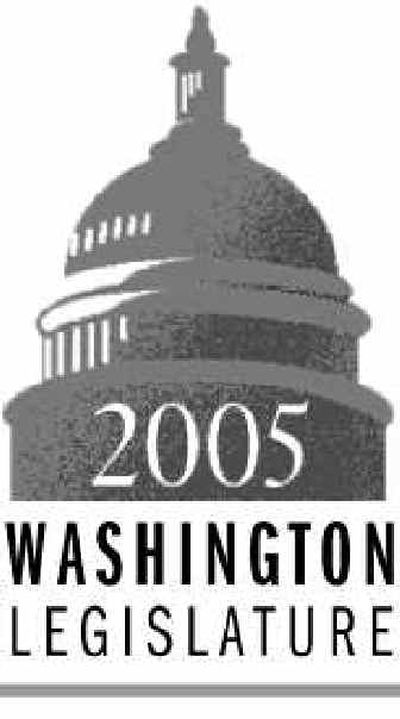University leaders lobby for more funding

OLYMPIA – The presidents of Washington’s six public universities said Tuesday that improved state funding is the surest way to avoid a crisis in the higher education system.
As part of Higher Education Day at the Capitol, the presidents and college students urged lawmakers to tackle access issues, tuition increases and pay raises for college faculty.
Within the next 10 years, the state expects to have 15,000 to 30,000 more college students than spaces for them in the public universities.
“Access is the single most important issue facing us,” Stephen Jordan, president of Eastern Washington University, told a news conference.
The increased demand, combined with stagnant faculty salaries, the need for capital improvements and rising tuition rates mean the system is headed for trouble, the university presidents said.
At Eastern, the number of students has steadily increased while numbers of faculty have not, Jordan said. They are regularly teaching more students per class, yet faculty across the state haven’t seen a cost of living increase in years.
“It’s time to recognize them for the very important work that they do,” Jordan said. A few of the presidents noted that low wages have already caused some quality faculty members to leave.
The university leaders also urged the Legislature to fund the State Need Grant program for low-income undergraduates and provide money to repair current facilities and build new ones.
Adequate state funding also keeps tuition costs down, Jordan said.
The state has benefited from high-quality universities.
“We’ve always been proud of higher education here,” said V. Lane Rawlins, president of Washington State University. But he questioned whether the state will have a stellar higher education system in the future.
With the state facing a $2.2 billion budget shortfall, lawmakers have few answers.
Sen. Margarita Prentice, D-Renton, said she understands the universities’ anxieties and demands, but can’t predict what will be funded and what won’t.
Prentice chairs the Senate Budget Committee.
“It’s going to be equally bad for everyone that is asking,” she said. “My question back is ‘Who do they think we should tax and how do we go about achieving it?’ “
About 50 EWU students also visited the Capitol on Tuesday, meeting with lawmakers and touring the grounds.
Most were concerned with access to education and affordable tuition.
Lance Kissler, a 22-year-old graduate student, said the trip was worth his time.
“It puts a face to higher education and lets the legislators connect with real people,” he said.